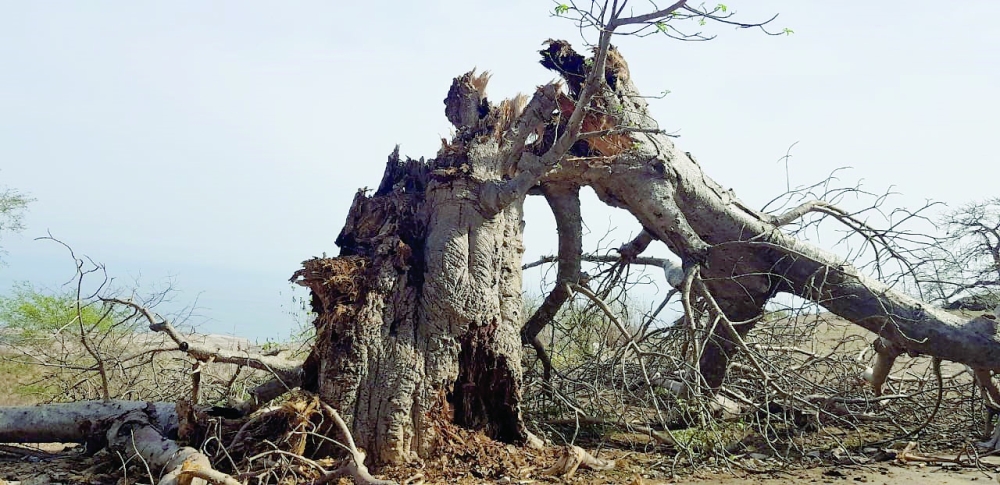

MUSCAT: Nature is a delicate balance. One that is easily disturbed, and difficult to repair. Wherever there are people, there are challenges to the balance of the natural environment, this is especially true in the current age. As globalisation and development continually progress, so too do the threats which face the natural environment. The question of how to protect and preserve the environment is an important one, especially in the context of a developing country, such as Oman.
After completing his Master’s degree of Environmental Science at University of Glasgow, Mohammed Akaak has chosen to utilise social media to educate Omanis on a variety of issues facing the natural environment in Oman. “My final goal is to put environmental issues in a scientific manner on the table of this society, regardless of whether the community agrees with me or not.”
According to Mohammed, the situation of the Omani environment is critical in several regards, with the most serious issues being those of invasive species, pests, tourism, overgrazing, desertification, and climate change.
“Invasive species are one of the five major threats to biodiversity in the world.” Invasive species are typically introduced to different ecosystems through travel and trade. Oman is threatened by a number of invasive species, including Parthenium Hysterophorus, Mexican Prickly Poppy, the Common Myna, and the House Crow. “They are alien organisms that invade other ecosystems and compete very heavily with local species until they are completely eliminated.” In order for the environment to heal from invasive species, as well as other environmental issues, there are three key conditions: Monitoring, control, and restoration.
Mohammed emphasized that many of these environmental issues were mentioned in the 1980s and 1990s. However, these issues had far less of an effect than they do in the current age. Some reasons for this are because there is far more livestock now than there was in the past, and because in the past people were more reliant on the ecosystem around them, and therefore were more protective of it.
When asked if he has any plans to expand what he is doing in the future, Mohammed said “our only role is to present these issues to the community in a scientific manner. The community, as we have seen it, deals with these issues according to its capabilities.”
He also added that “the government has an important role in the future. This can be seen in projects such as the one to plant ten million local trees.”
Oman Observer is now on the WhatsApp channel. Click here


